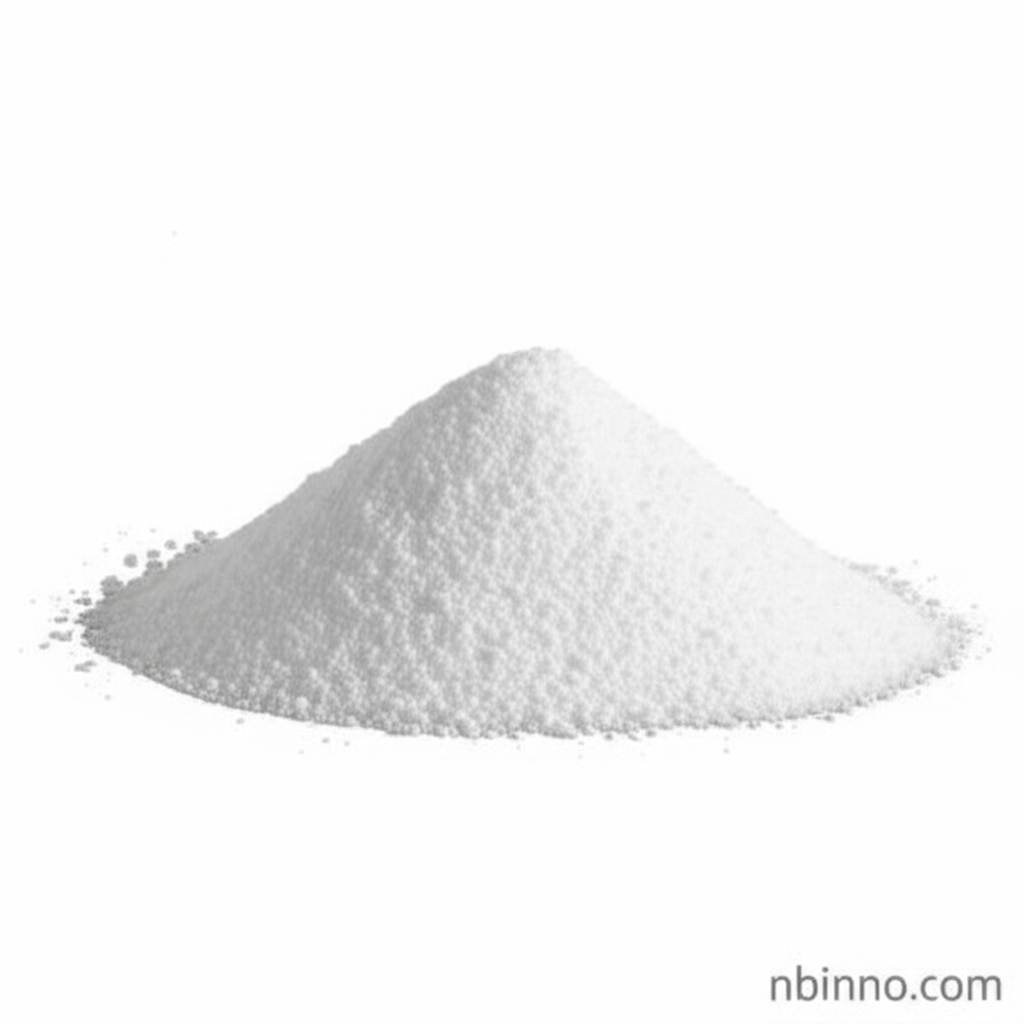Microcrystalline Cellulose: The Versatile Excipient for Pharmaceutical and Nutraceutical Formulations
Discover the indispensable role of Microcrystalline Cellulose in enhancing tablet integrity, drug delivery, and overall product quality.
Get a Quote & SampleProduct Core Value

Microcrystalline Cellulose
Microcrystalline Cellulose (MCC) is a purified, partially depolymerized cellulose derived from plant fiber, primarily wood pulp. It serves as a cornerstone excipient in the pharmaceutical and nutraceutical industries due to its exceptional properties, including excellent compressibility, inertness, and versatile functionality as a binder, filler, disintegrant, and flow agent. Its high purity and stability make it ideal for a wide range of solid dosage forms, ensuring consistent performance and reliable drug release.
- Enhance tablet integrity and consistency with Microcrystalline Cellulose's strong binding properties, crucial for direct compression processes.
- Facilitate rapid drug release and improve bioavailability through MCC's role as a disintegrant, promoting efficient tablet breakdown.
- Ensure consistent performance and manufacturability by leveraging MCC's excellent flow characteristics, vital for high-speed production.
- Achieve optimal formulation results with Microcrystalline Cellulose's broad compatibility with various active ingredients and excipients, ensuring chemical inertness and stability.
Key Advantages of Microcrystalline Cellulose
Excellent Compressibility
Microcrystalline Cellulose offers outstanding compressibility, enabling efficient direct compression and reducing the need for granulation. This characteristic is vital for pharmaceutical applications and contributes to smooth manufacturing processes.
Versatile Functionality
MCC acts as a binder, filler, disintegrant, and flow agent, simplifying formulations and reducing the number of excipients required for solid dosage forms.
Chemical Inertness and Stability
Its inert nature ensures no unwanted reactions with active pharmaceutical ingredients, preserving drug efficacy and stability, which is a critical factor for drug delivery systems.
Key Applications
Pharmaceutical Tablets
As a primary excipient, MCC is essential for producing stable, well-formed tablets with optimal disintegration and drug release properties, supporting pharmaceutical excipient innovations.
Capsules
MCC improves powder flow for efficient capsule filling, ensuring accurate dosing and consistent product quality in nutraceutical formulations.
Nutraceutical Formulations
Its inertness and compatibility make MCC ideal for various nutraceutical products, including supplements and dietary aids, enhancing their excipient functionality and selection.
Food Industry
Used as a bulking agent and texturizer, MCC improves the texture and consistency of various food products, demonstrating its utility in natural ingredient applications in pharma.
